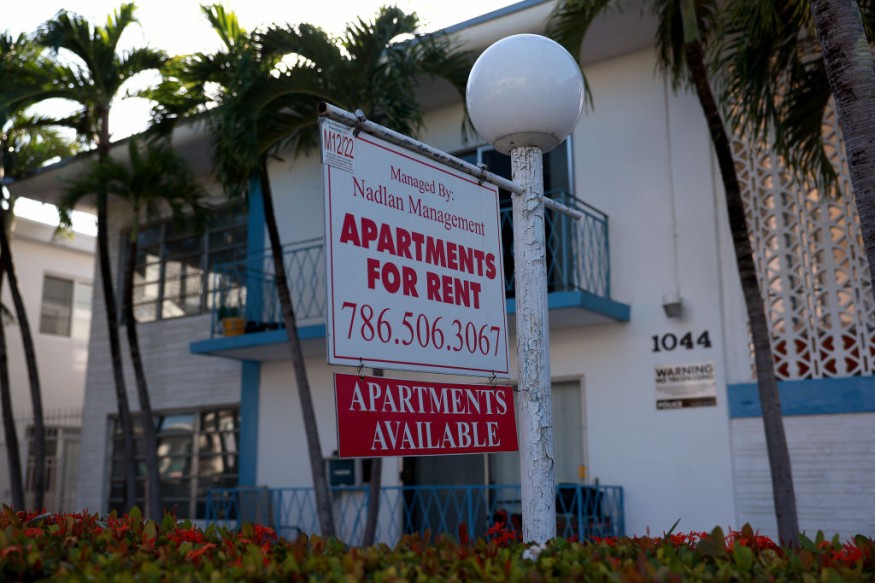
Renting with an eviction on your record can be challenging, but it's not impossible. As the housing market continues to evolve, landlords are becoming more stringent in their tenant selection process. However, with the right approach and understanding of your options, you can still secure a rental property.
This guide offers practical strategies for overcoming the hurdle of a past eviction and finding a new place to call home.
What Is an Eviction?
An eviction is a legal process where a landlord removes a tenant from a rental property, usually due to lease violations such as non-payment of rent or breaking other terms of the rental agreement. Evictions are typically documented in public records and can significantly impact a person's ability to rent in the future.
How to Rent With an Eviction on Your Record:
1. Check if there is an eviction in your legal record: Start by obtaining a copy of your rental history report. Review the report carefully to confirm the eviction's details and ensure all information is accurate. If you find any errors, dispute them immediately with the reporting agency.
2. Try to get the eviction removed: If the eviction was wrongful or if you've resolved the issue with your former landlord, you may be able to have it removed from your record. In some cases, landlords might agree to remove the eviction if you've paid all outstanding debts. Consult with a tenant rights attorney to explore your options for expungement or sealing of the eviction record.
3. Pay any past debts: If you owe money to a previous landlord, paying off this debt can improve your chances of renting again. Many landlords are more willing to overlook a past eviction if you've made amends and settled any outstanding balances. Obtain receipts for all payments and keep them as proof of your efforts to rectify past issues.
4. Offer a higher rent: Some landlords may be willing to overlook an eviction if you offer to pay a higher monthly rent. This demonstrates your commitment and financial ability to maintain the lease.
5. Be transparent: Honesty is crucial when dealing with potential landlords. Be upfront about your past eviction and explain the circumstances. Prepare a brief, honest explanation of what led to the eviction and how you've addressed the issue since then. Many landlords appreciate transparency and may be more willing to work with you if you're honest from the start.
6. Rent from a private landlord: Private landlords may be more flexible in their screening processes. They might be more willing to listen to your story and consider your current situation rather than adhering strictly to company policies. Look for rental listings from individual property owners on local classified ads or community boards.
7. Get a guarantor: A guarantor, also known as a co-signer, can significantly improve your chances of securing a rental. This person agrees to take financial responsibility for the lease if you're unable to pay. Choose someone with a strong credit history and stable income.
8. Pay a higher deposit: Offering a larger security deposit can help mitigate the landlord's perceived risk. This shows you're financially prepared and committed to fulfilling your lease obligations. Be sure to get any agreement for a higher deposit in writing and understand the terms for its return at the end of your lease.
© 2026 Realty Today All rights reserved. Do not reproduce without permission.



